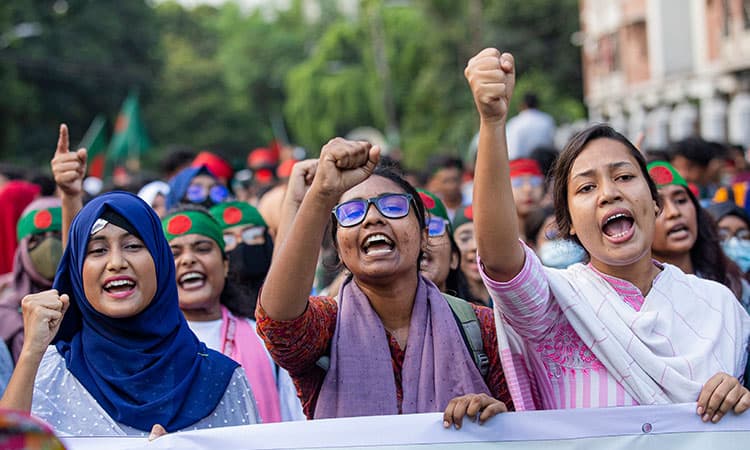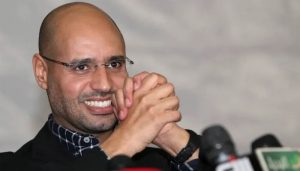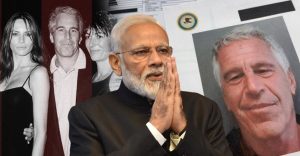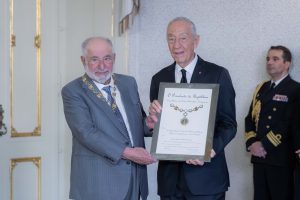Student demonstrators who ousted Prime Minister Sheikh Hasina have dismissed calls from Bangladesh’s two main political parties for swift elections and are considering forming their own political party to solidify recent reforms.
Their aim is to prevent a repeat of the past 15 years, during which Hasina ruled the country of 170 million with an iron grip. The turning point came in June, when a small group of students, mostly in their early to mid-20s, began organizing protests against a law that reserved coveted government jobs for certain segments of the population.
Within weeks, the Hasina government was toppled by a wave of public anger over the brutal crackdown on anti-quota protesters. At least 300 people were killed in the violence, the most significant since Bangladesh’s war of independence in 1971.
The movement has been hailed as a Gen Z revolution, driven by young Bangladeshis’ frustration over years of jobless growth, allegations of corruption, and shrinking civil liberties.
The country is now governed by an interim administration led by Nobel Peace laureate Muhammad Yunus, which includes two student leaders in senior roles.
For most of the past three decades, Bangladesh has been ruled by either Hasina’s Awami League or the Bangladesh Nationalist Party (BNP) of her rival Khaleda Zia, both of whom are in their 70s.
Student leaders are now discussing the formation of a political party to break this duopoly, said Mahfuj Alam, who chairs a committee liaising between the government and social groups such as teachers and activists. A decision is expected within a month, the 26-year-old law student said, emphasizing that they plan to consult widely with citizens before deciding on a platform.
Details of the students’ political plans had not previously been disclosed.
“People are really tired of the two political parties. They trust us,” Alam said at the gates of Dhaka University’s Arts Faculty.
Tahmid Chowdhury, another student coordinator who played a key role in bringing down Hasina, said there was a “high chance” they would form a political party, though their program is still being developed. He indicated that it would be based on secularism and free speech.
“We don’t have any other plan that could break the binary without forming a party,” said the 24-year-old graduate student in world religion.
The student leaders in the interim government have not yet specified their policy goals beyond broad institutional reforms, such as overhauling the electoral commission that was handpicked by Hasina, to prevent a return to authoritarian rule.
“The spirit of the movement was to create a new Bangladesh, one where no fascist or autocrat can return,” said Nahid Islam, 26, a key protest organizer who now sits in Yunus’ cabinet. “To ensure that, we need structural reforms, which will definitely take some time.”
The interim government is not considering calls from the Awami League and BNP for early elections, Islam added, who holds the telecommunications portfolio.
The regime change has already led to the removal of the chief justice, the central bank governor, and the police chief who oversaw the crackdown on students, among other officials.
A spokesperson for Yunus, who has expressed little interest in holding elected office, did not respond to a request for comment. Touhid Hossain, a career diplomat serving as Yunus’ de facto foreign minister, said that the students had not discussed their political plans with the technocrats. However, he acknowledged that “the political scenario is going to change because we have essentially excluded the younger generation from politics.”
Yunus, an 84-year-old economist known for his microcredit programs that lifted millions out of poverty, carries moral authority, but doubts remain about what his administration can achieve.
“We are totally in uncharted waters, both legally and politically,” said Shahdeen Malik, a constitutional expert. “The powers of this interim government are not defined because there is no constitutional provision.”














